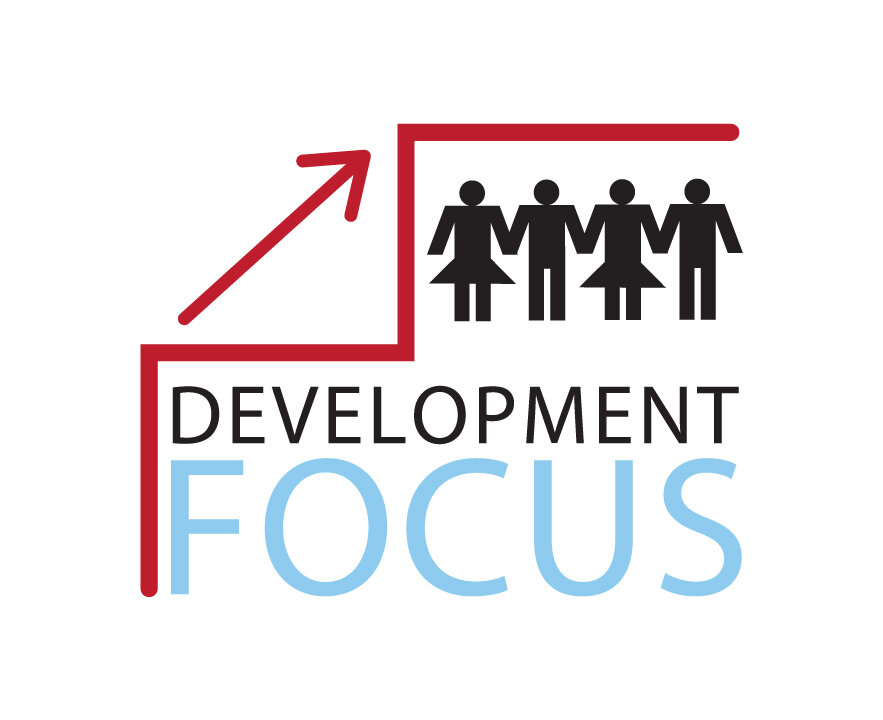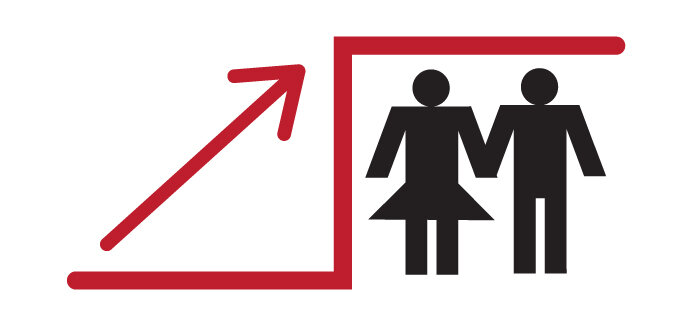
Prevention of Child Marriage
Preventing child marriage by mobilising communities and strengthening local authorities
Child Marriage is a Human Rights violation and a serious threat to the development of an individual, family and the community. Although there are laws and ordinances preventing Child Marriages in India, the practice goes unabated due to socio-cultural and economic reasons. It has been a scourge in many communities, especially in poor, rural villages. It is common that a girl of 13 or 14 is pulled out of school and married off for financial considerations or in the guise of protecting the child. In some communities where Development Focus works, more than 80% of girls are married before they are 18.
Development Focus in partnership with 20 Implementing Organizations and the support of Edukans Foundation, the Netherlands, implemented a Prevention of Child Marriage Project in 12 districts of Jharkhand and Odisha in 2014-15. These two states have extremely high incidence of minor marriages in the country. The Goal was to reduce under-age marriages by 50% and strengthen Sexual and Reproductive Health Rights (SRHR) among adolescents and youth. As in all our projects, the community and community organisations were involved right from the beginning.
The broad objectives of the Programme were: better knowledge on SRHR issues, improved access to SRHR services, enhancing access to formal education, ensuring retention amongst adolescent girls in schools, sensitizing the communities towards behavioural change, influencing government policies, institutional mechanisms and services on Child Marriage and SRHR.
6 Yuva Mitras were selected from each of the 400 villages where the project was being implemented. They were motivated to volunteer and be ‘Change Agents’ in their village. The Yuva Mitras were systematically trained on; SRHR issues, importance of education and laws governing child marriage. They in turn mobilized 800 youth groups across 400 villages that met regularly and facilitated them. These issues were discussed in the youth groups. Youth were sensitized and set goals for themselves. More than 22,000 youth have been sensitized. Children in 200 government schools were also sensitized. Awareness of the communities in these villages has been raised so that they will support the youth in their decisions. By the end of the project, several child marriages have been stopped. The fact that the youth are together as a group emboldens them to resist harmful traditional practices. The Yuva Mitras still support the youth even after the project cycle is over. The authorities have been sensitized and are willing to step in and stop illegal practices that threaten the rights of a child.
A Child cannot resist her marriage without the support of parents and the community. The community cannot take a stand on this practice without the support of external stakeholders. The Programme concluded with a state level dissemination workshop held in both Jharkhand and Odisha. The workshops had stakeholders sharing their experiences and leading sessions. The workshops were attended by a cross-section of stakeholders; Youth, Parents, Yuva Mitras (change agents), Panchayat Raj Institutions and officials. Case studies were also presented. Furthermore, the workshop had panel discussions to evolve specific recommendations to prevent Child Marriages to the State officials. In Jharkhand, the Minister for Women and Child Welfare Dr. Louis Marandi was present and addressed the gathering. She emphasized the importance of Civil Society support that is needed to wipe out this practice. She sought the support and cooperation of Civil Society Organisations to address the issue of child marriage stating that it would be difficult to bring about change in the communities without this support. The Minister released a booklet on this occasion that catalogues the experiences gone through in implementing this Programme.
What has been done is just a drop in the ocean. Children, especially in the poorer and vulnerable sections of Society need to be freed from this practice that stunts their growth and deprives them of development. DF will strive to spread this message to more and more communities to protect their children. This will be a crosscutting issue in all or projects.



